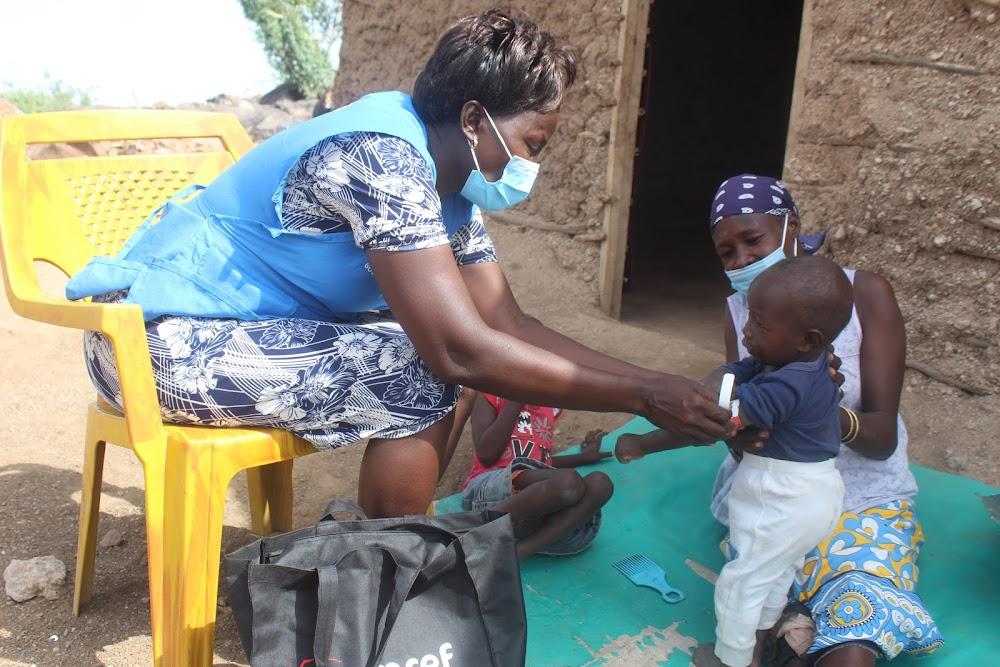Africa-Press – Kenya. The Ministry of Health has announced that it will focus its energy on the quality of health care that Kenyans receive. This is after the latest Kenya Demographic and Health Survey (KDHS) 2022 Key Indicators Report revealed that the quality of health care in some places was wanting.
It showed that despite the country making progress in access to health care, quality especially in the management of childhood illnesses still remains.
According to the report, only 32 per cent of children with diarrhoea received the right dose of oral rehydration and zinc supplementation. From the report, only 40 per cent received zinc supplements while only 26 per cent were given ORS, zinc supplements and continued feeding.
Similarly, regional inequity with significantly varied progress still persists. For instance, the report shows that a higher percentage of parents seeking treatment for children with acute respiratory infection was higher in urban areas at 90 per cent compared to 78 per cent in rural areas.
“Moreover, even with significant coverage of maternal and child health intervention we still see an insignificant decline in neonatal mortality,” Ag health DG Patrick Amoth said.
“This worrying statistic will require concerted multi-sectoral efforts to accelerate the achievement of the SDGs and Kenya Health policy goals.”
The World Health Organisation warns that acute respiratory infection, fever, and dehydration from diarrhea are contributing causes of childhood morbidity and mortality.
They called for prompt medical attention when a child has the symptoms as it will be crucial in reducing child deaths. Symptoms of ARI include short, rapid breathing that is chest-related and, or difficult breathing that is chest-related.
The survey shows that 2 per cent of children under the age of five years had shown symptoms of an ARI two weeks before the survey was conducted, 17 per cent exhibited fever while and 14 per cent experienced diarrhea.
For More News And Analysis About Kenya Follow Africa-Press






![[PHOTOS] Ruto joins Kenyans on New Year’s Eve [PHOTOS] Ruto joins Kenyans on New Year’s Eve](https://static.africa-press.net/kenya/sites/28/2026/01/sm_1767246637.167666-218x150.jpg)